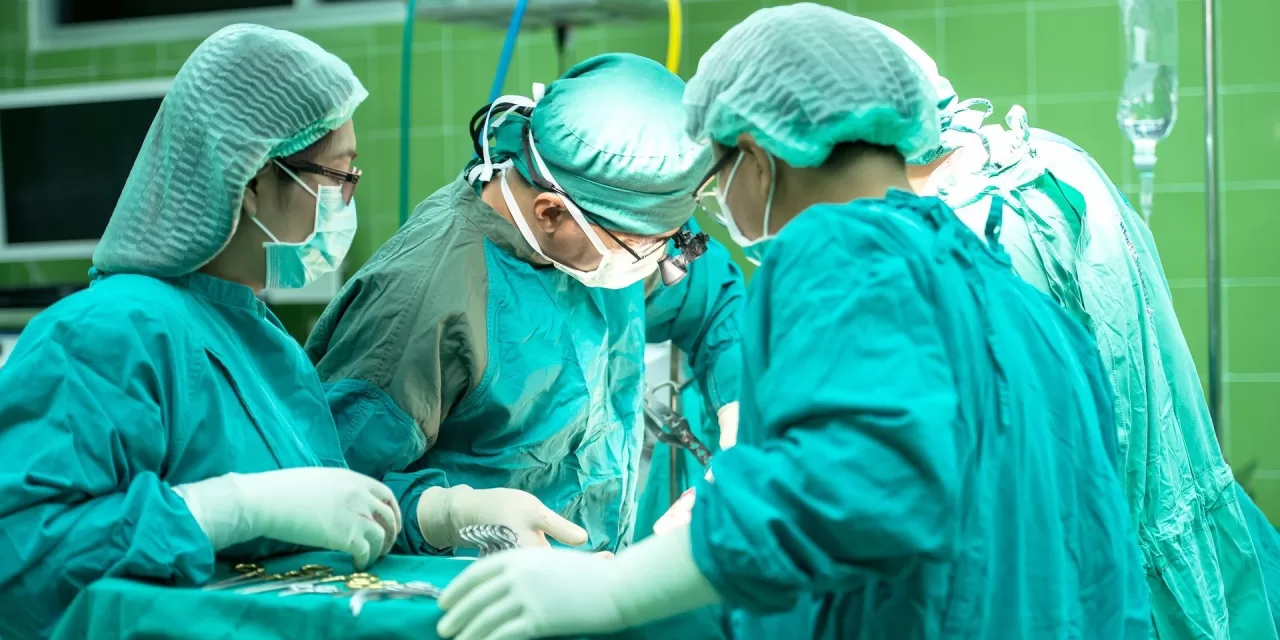Brussels, Belgium – In a revolutionary step towards fertility preservation, researchers from Vrije Universiteit Brussel and Brussels IVF have successfully transplanted frozen testicular tissue into a man who underwent chemotherapy during childhood. The procedure aims to restore fertility in individuals whose cancer treatments before puberty may have caused permanent infertility.
Preserving Fertility Through Cryopreservation
When prepubescent boys face aggressive treatments such as chemotherapy or radiation therapy, their ability to produce sperm in adulthood is often compromised. To address this, testicular tissue containing stem cells—the precursors to sperm cells—can be removed and cryopreserved before treatment begins. This tissue remains viable for potential reimplantation later in life, when fertility becomes a concern.
Unlike adult men, prepubescent boys do not yet produce sperm cells, making the preservation of testicular stem cells crucial. These cells, once transplanted back into the body, have the potential to resume normal sperm production.
The First Human Transplantation
In this landmark study, researchers reintroduced eight fragments of frozen testicular tissue into the patient’s testicle and scrotum. This experimental technique aims to enable the body to autonomously produce sperm cells.
The patient’s progress will be closely monitored over a year through regular blood work, hormone analyses, ultrasound examinations, and semen samples. While natural sperm migration to the semen is unlikely due to the tissue’s placement, assisted reproductive technologies (ART) will be necessary if the patient wishes to father children.
A Year-Long Evaluation
After a year, the transplanted tissue will be retrieved and examined to determine whether it produced sperm cells. Additional tissue from other parts of the testis will also be analyzed to understand the broader effects of the transplant.
Dr. Veerle Vloeberghs, a staff member at Brussels IVF, emphasized the significance of the research: “This is an important step in preserving the fertility of children with cancer or other blood diseases. While we cannot guarantee success, this breakthrough offers hope and options previously unavailable to these young adults.”
A Promising Future for Fertility Preservation
Infertility is one of the most profound side effects of childhood cancer treatments, especially for those treated before puberty. High-dose chemotherapy and radiation can destroy the cells essential for sperm production, leaving patients with few options to have biological children later in life.
Professor Herman Tournaye, Head of Brussels IVF, highlighted the historical context: “In 2002, UZ Brussel was the first hospital to initiate a clinical fertility preservation program for young boys with cancer. Today, some of these patients are exploring parenthood, and this transplant marks a critical step in making that possible.”
Advancing Science and Alternative Solutions
In addition to transplantation, researchers are exploring in vitro methods for sperm production. Professor Ellen Goossens, chair of the “Biology of the Testis” research group, shared: “We have developed cryopreservation and transplantation techniques for animals and translated them to humans. Since 2002, we’ve preserved testicular tissue for 141 boys. In vitro sperm production offers a promising alternative for those whose tissue may contain cancer cells or face other challenges.”
The testicular tissue fragments are stored in liquid nitrogen at -196°C, ensuring their longevity and viability for future use.
Hope for Cancer Survivors
This groundbreaking study provides a glimmer of hope for childhood cancer survivors who have faced lifelong infertility as a result of their treatments. While still in its experimental phase, this approach represents a significant leap forward in reproductive medicine, offering new possibilities for patients to preserve their dreams of parenthood.
Provided by Free University of Brussels












